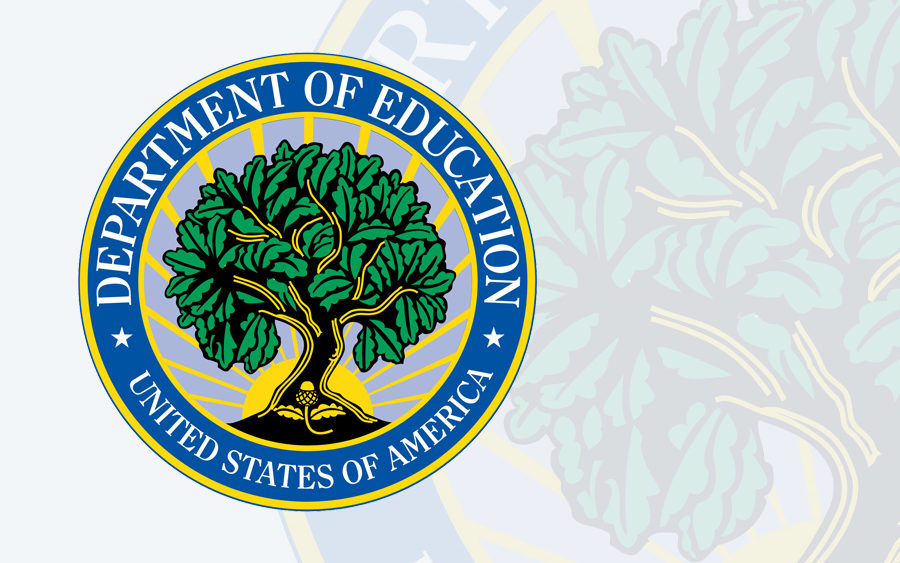By Paul O’Neill, Senior Fellow
In January, John King succeeded Arne Duncan as the leader of the U.S. Department of Education, but he has yet to be given Duncan’s full title. To date, Mr. King has been functioning as Acting Secretary. On Thursday, the U.S. Senate Committee on Health, Education, Labor and Pensions will hold an executive session on the nomination of Dr. King to serve as Secretary of Education, with no caveats.
Secretary Duncan was tough and assertive. He was faced with a Congress that would not take action on major education reforms; for most of his tenure the legislature refused to reauthorize the Elementary and Secondary Education Act (ESEA), which was long overdue for an overhaul. That law was finally reauthorized late in 2015. In response to such legislative inaction, Secretary Duncan took bold steps to foster reform – most notably by issuing ESEA waivers to states who signed on to support his priorities, such as performance-based teacher evaluations and the removal of statutory caps on the number of charter schools. He also pressed for innovation by implementing competitive grant programs, such as Race to the Top and Inventing in Innovation (i.e., “i3”). He leaves a somewhat controversial, but unbowed and urgent legacy.
Dr. King seems like an excellent choice to succeed Mr. Duncan. His own track record leading up to this new office shows a deep commitment to high standards and his own impatience with entrenched systems that do not serve children well. He demonstrated these traits as the founder of a high performing charter school in Massachusetts, as a leader in a school management organization creating strong new charter schools in several states, and most recently, in his role as New York’s Education Commissioner. Dr. King has demonstrated that he sees the public school landscape as a broad one, strengthened by strong districts and a thriving charter sector.
America will have a new President by next January, so Dr. King may want to treat this year with the zeal of a man who may have a short time in which to make a big impact. The Center for Learner Equity hopes that his priorities will include ensuring that all students have access to a full range of high quality school options, including charter schools. We would welcome the opportunity to work with him and his staff to make that happen. The brand new, reauthorized ESEA will surely require much of his attention. There are a range of critical issues, such as: the implementation of the reauthorized ESEA (now called The Every Student Succeeds Act) which includes new flexibility for states in designing state standards and accountability systems as well as a hard cap on the number of students with the most significant cognitive disabilities taking alternate assessments on alternate standards; regulations on disproportionate identification of minority students to special education; and, the goal to transition more disadvantaged students into college and careers that will have a significant impact on some of the most vulnerable children.
The Center for Learner Equity hopes for a speedy confirmation, welcomes Dr. King, and looks forward to working with him and his staff this year.

Comments are closed.